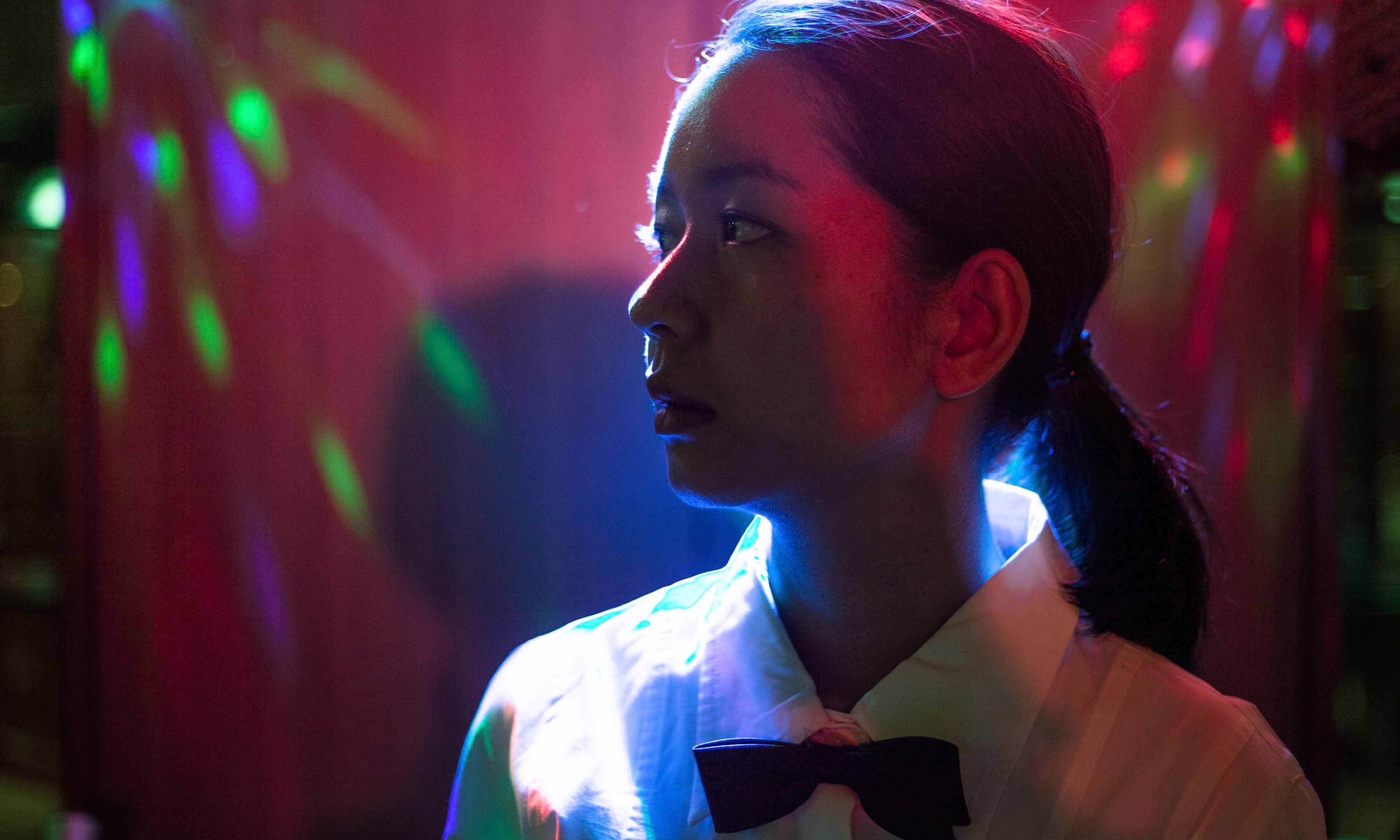A series of films, conversations, and letters
It has been almost two months since the world entered a lockdown. The situation has made us wary of human contact, while we also crave it; it has turned touch and intimacy into potential weapons, and—as we conform to the social distancing rules—it is also reconfiguring our collectivity and sense of solidarity into something that we never needed to imagine before. What is the social body without a body? We obsess over infection statistics and read official policies and predictions that seem to change every minute. And yet the truth is that we do not know if the world will be the same as it was by the time that we get out of quarantine. It is only human to look for reassurance, because without it, life seems unbearably fragile. But perhaps if we resist the urge to fast forward over this moment and instead live through it together, we will be able to gather the tools that we need to build a future that—at the moment—seems to be up for grabs.
This joint screening series, organized by e-flux and the International Short Film Festival Oberhausen, is inspired by a film by Józef Robakowski titled Z mojego okna (From My Window), made in Łodż, Poland over a 20-year period from 1978 to 1999, as part of a project that Robakowski called My Very Own Cinema: “what I work on when nothing is working out.” The film, shot on 16mm camera, was made by capturing scenes of daily life from the window of the artist’s apartment, located in a district of Łodż ironically nicknamed “Manhattan,” because the cement high-rises there—typical examples of the late socialist modernism of the 1970s—vaguely resemble skyscrapers. Mundane footage of people going to work, housewives carrying bags of produce home, Catholics returning from church during religious holidays, dogs crossing the street, neighbors going to May Day demonstrations—these numerous scenes of everyday life serve as a backdrop for a voiceover in which the artist observes Poland’s profound political transformation during these two decades. The film ends as construction starts on a new hotel, which blocks the view from the window.
Titled “From My Window / From Your Window,” the series will present a short film every week—all of them freely available online—starting May 1, 2020 with Robakowski’s film. Alongside the films, we have asked artists and filmmakers to contribute a brief video-letter or video statement to this project: a small window into their current situation, and into how they are living through this moment. The first of these responses will be Emily Jacir’s 24 marzo (dalla mia finestra). It is our hope that this collective record of the present will help us imagine a future that we want to live in.
Film #1
Józef Robakowski, Z mojego okna
(From My Window)
Poland, 1978–99 , 19:02 minutes
In 1978, Robakowski moved into a new flat in a newly-built high rise in the center of Łódź. That’s when he began filming the people and events he could see from his kitchen window. The film was made on the basis of a dozen or more hours of footage shot between 1978 and 1999. The artist filmed the front yard of his block of flats in a part of Łódź called “Manhattan”—a cluster of tall, cement housing buildings vaguely resembling New York’s skyscrapers. The images are accompanied by the artist’s commentary, which brings the viewer closer to his neighbors and family, including his then-wife, Małgorzata Potocka. The film comments on the profound political and social transformations that took place in Poland over these two decades.
Response #1
Emily Jacir, 24 marzo 2020 (dalla mia finestra)
[March 24, 2020 (From My Window)]
Italy, 2020, 1:10 minutes
On January 30, the first coronavirus cases appeared in Rome, and Italy suspended all flights from China. On that day I wrote my first message to my family regarding coronavirus, worried. I looked for face masks, but there were none to be found anywhere. On February 4, while in Lausanne for work, I managed to find masks near the train station and bought what I thought would be enough at the time—ten masks—and wore one for the first time on the train back to Milan. On February 27, the cases rose to 650 and I was unable to return to Bethlehem and got stranded in Rome. On February 29, cases rose to 1128 with 29 people dead. By March 7, Italy was reporting more deaths from the virus than any other country in the world. By March 19, the death toll in Italy surpassed China’s, and on March 24—when I filmed this—the daily death toll stood at 743.
We continue to be under Europe’s strictest and longest coronavirus lockdown. I have been without any human contact since March 1. I am separated from my family, my friends, and my dogs. I am alone in a flat with only one window, and that window is my only connection to the world outside. That window has become my world. It faces a wall whose simulacra of two windows only emphasize isolation. Any hoped-for human contact here will have to come sideways.
For more information, contact program@e-flux.com.











